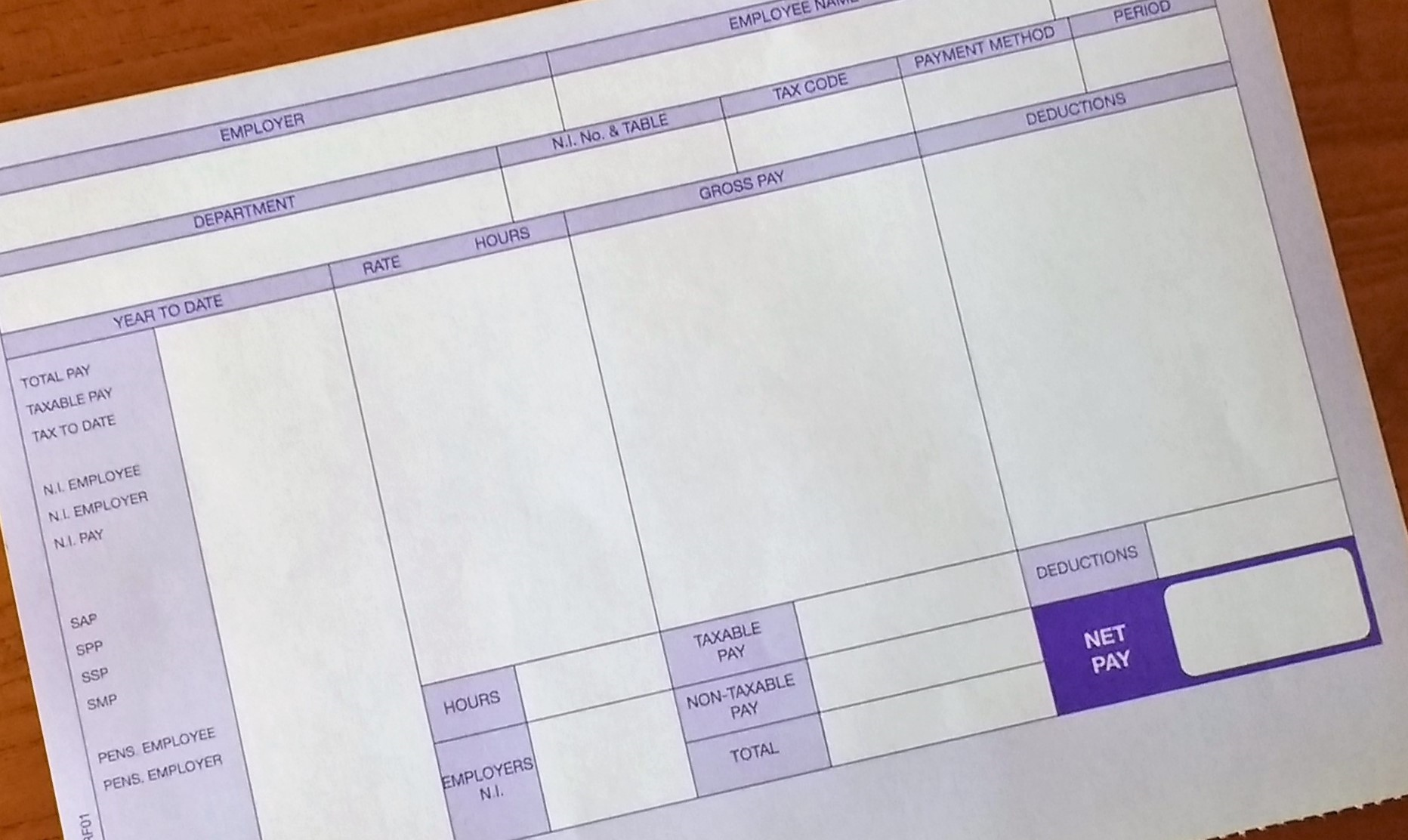There are lots of reasons why an employer might find themselves not paying the National Minimum Wage (NMW) correctly. To help you avoid making mistakes we have drawn together a list of the most common reasons that cause underpayment.
1. Failure to apply the annual minimum wage rate increase as they go up each year on 1 April.
2. Missed birthdays as employees turn 18, 21 or 25 years old and move from one NMW rate to another.
3. Paying the apprentice rate to somebody who isn’t actually an apprentice. Recognised apprentices must have an apprenticeship contract and undergo an element of structured training.
4. Continuing to pay the apprentice rate for too long. The apprentice rate only applies to apprentices who are under the age of 19, or if aged 19 or over within the first year of their apprenticeship.
5. Making wage deductions for items or expenses that are connected with the job. This could include, for example, safety clothing, uniforms, tools etc.
6. Making wage deductions that are deemed to be for the employer’s “own use or benefit”. For example a Christmas club saving scheme. It doesn’t matter that the worker can choose to buy into the scheme and the employer doesn’t have to make a profit from it.
7. Charging a worker more than the stated offset rate for living accommodation, currently £49.00 a week.
8. Not paying for all the time worked such as time spent travelling, training or downtime at the employer’s disposal.
9. Not paying for additional time worked such as time spent clearing security checks once a worker’s shift has finished.
10. Including elements of pay that don’t count towards minimum wage such as tips and the premium element of pay associated with shift premium.
All of the above are mistakes that are easy to make –another one that, whilst it doesn’t affect the minimum wage, can skew pay rates is not applying the rate increase to any higher overtime rates that you may pay.
Not paying for all the time worked is also an easy one to overlook –such as a nurse or carer travelling between appointments with different clients on the same day.
Current rates
The rates below are for the National Living Wage and the National Minimum Wage. The rates change every April.
| Year | 25 and over | 21 to 24 | 18 to 20 | Under 18 | Apprentice |
| April 2020 | £8.72 | £8.20 | £6.45 | £4.55 | £4.15 |
| April 2021 | £8.72 | £8.20 | £6.45 | £4.55 | £4.15 |
| Increase | % | % | % | % | % |
Apprentices
Apprentices are entitled to the apprentice rate if they’re either:
aged under 19
aged 19 or over and in the first year of their apprenticeship
Example (for this year): An apprentice aged 22 in the first year of their apprenticeship is entitled to a minimum hourly rate of £4.15.
Apprentices are entitled to the minimum wage for their age if they both:
are aged 19 or over
have completed the first year of their apprenticeship
Example (for this year): An apprentice aged 22 who has completed the first year of their apprenticeship is entitled to a minimum hourly rate of £8.20.
Accommodation rates
Accommodation provided by an employer can be taken into account when calculating the National Minimum Wage or National Living Wage.
No other kind of company benefit (such as food, a car, childcare vouchers) counts towards the minimum wage.
Accommodation offset rates
The accommodation rates are set in April each year.
| Year |
Daily
accommodation offset rate |
Weekly
accommodation offset rate |
| April 2020 | £8.20 | £57.40 |
| April 2021 | £8.25 | £57.40 |
| Increase | % | % |
The above can seem daunting but need not be if it approached step-by-step. If you are finding it too time consuming or you are concerned about getting it right, a payroll bureau will be able to help and take the hassle away from you. They will also be able to deal direct with HMRC if there are any problems if they become your agent.




